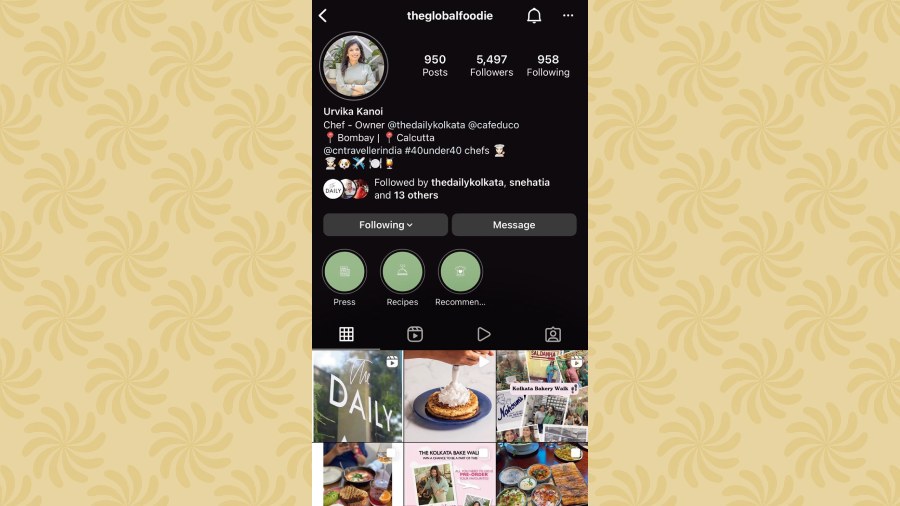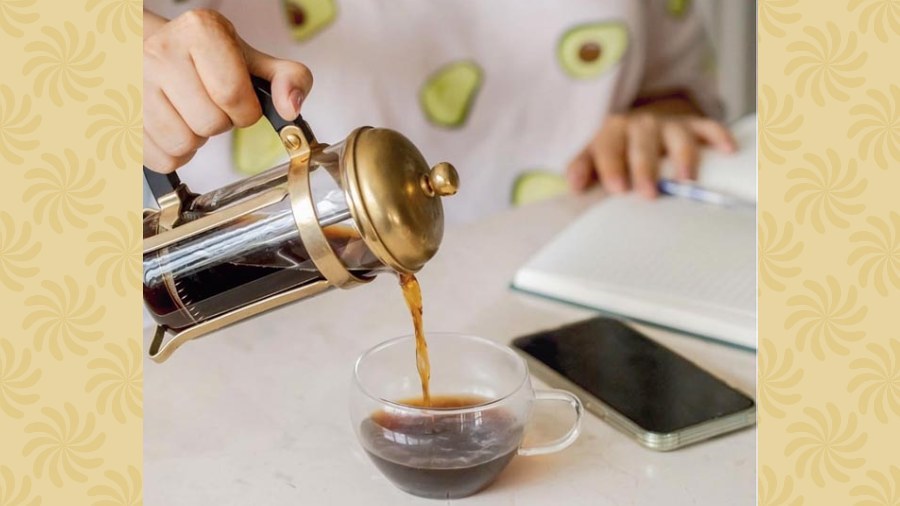Good morning Indian East siders, I have a confession to make. Or, shall we say, a bone to pick…. Well, not really, because I am #justsaying. I’ll begin with this: I love social media. Who doesn’t? It’s the one place where you can talk about anything, ranging from mental health to alcohol-free mimosas, create value, share your life, and double-tap through that of others. It’s great; no questions there. But as a trained chef with two restaurants to run, located on either side, across the length of the country, I’ll have to ask: when did it become more important for me to feed the Feed, than the people?
Eight years ago, when I returned to India after completing my studies, I thought my in-depth knowledge of sous vide, coddling, and mise en place would be good enough to tide me through my career. But at some point, I began feeling this pressure to also know how to be a social media manager, candid photographer, and ace caption writer. It’s not like I don’t enjoy sharing my big and small achievements or details of a dish I am excited about with my Insta fam, but with every passing day, it seems to have turned into something like college attendance — no matter how many classes I attend, I don’t seem to rake up the golden 70 per cent. Jokes aside, this has some real-life effects, too.
Picture this. You’re a chef who has spent a year or two, at least, studying food and then spent numerous hours packed inside the hot kitchen (which is hotter than Gordon Ramsay in his reaction videos) learning the ropes. You’ve graduated as a demi, commi, or head chef and helped bring to life exquisite dishes or created excellent menus that do due diligence to our provenance or some masterful cookery skill. You know your sh*t. But you have 2,000 followers on your Instagram. Do you think that a new homegrown brand looking to leverage a chef to talk about its products will approach you? They should, but the sad truth is that they won’t. If you had a blue tick, or “at least 10K followers” then, maybe… unless somebody else with the same amount of followers has more “engagement.”

It’s the world we live in today, and I am no pessimist or hater. I love and respect content creators who have learned to work the beast that Instagram is and then, managed to use it to grow their brands and businesses. And I mean this for recipe curators, too. Many chefs today have moved away from the realm of restaurants to utilise social medium to disseminate knowledge about hidden Indian produce, undiscovered cuisines, and knowledge, by and large. My only qualm is that the lines are now blurred, and it isn’t enough that chefs, who’re working around the clock — seven days a week, plus holidays, no, especially holidays — must also know how to document their kitchen do-over, morning coffee, and after-Pilates green goddess smoothie! More often than every day, I hear people around me saying that one must build their own brand (referring to becoming significant enough on social media) and if you catch me in the middle of such a tête-à-tête, know that I am scratching my head. Because I have already built two brands — The Daily Cafe in Kolkata and Duco in Mumbai. This other brand being talked about is not something I accounted for in my PnL and if you nudge a couple of my peers, chances are that they’ll agree.
I see no harm in fashioning pasta into chips or eating eggs with pesto, but there’s something to be said about how pasta-chip makers don’t need to necessarily spend time doing inventory, sorting out the cash register, or doing R&D. The reverse however is not applicable. I guess what I am trying to say is that chefs are already doing their jobs, and some of them are doing it really well. So, it seems a bit lopsided that along with all of that, they need to know how to dance around a tree and also select trending audio to go with it. Now, I know that this world is not a fair place, but what bothers me is how this culture of appropriating age-old recipes, long-standing traditions, and food, in general, impacts those of us who’re in the business of making food. It’s very hard for me to explain to an unsuspecting customer why his taco has three types of beans and guac made with Coorgi avos when his idea of the Mexican staple is a crispy khakra-base taco topped with ketchup, onions, and tamatar that he saw go viral on TikTok (when it was still in India).
It also worries me about the future of people working in kitchens, who are not valued enough for their work because it’s not on the ’gram. But more importantly, I worry about the future of food itself. Are we ready for one where the virality of a recipe precedes the recipe itself?
The writer is a chef and owner of The Daily in Kolkata and Cafe Duco in Mumbai
